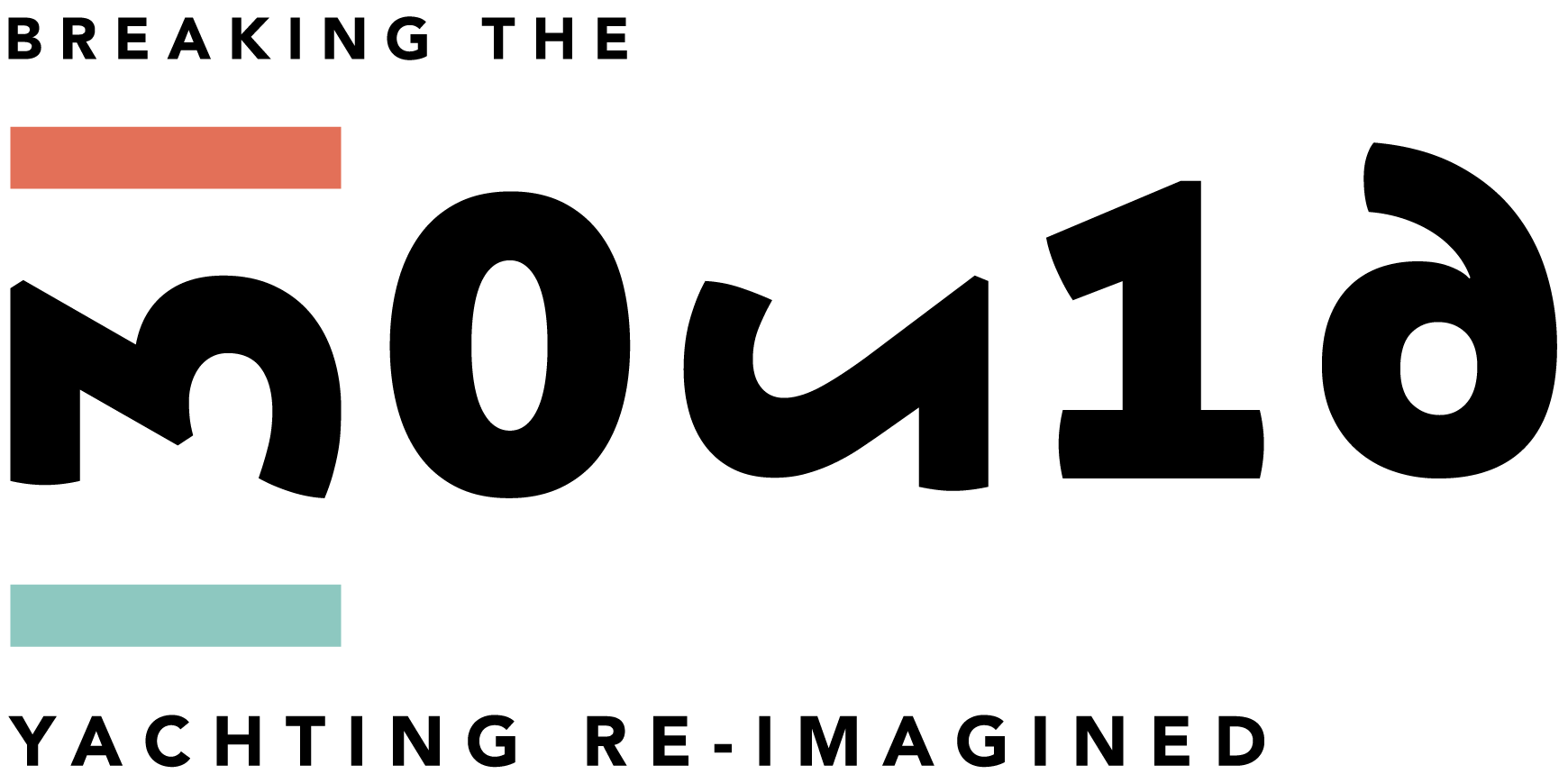Furnished Holiday Lets: Preparing for the 2025 Tax Reform
Furnished Holiday Lets – What the Tax Changes Mean for You
If you own a furnished holiday let (FHL) business, it's essential to be aware of the changes HM Revenue and Customs (HMRC) plans to implement. Starting on 6 April 2025 for individuals and 1 April 2025 for companies, the tax treatment for FHLs will shift, and many of the tax benefits currently available will no longer apply. Here's what you need to know.
Current Tax Benefits for FHLs
Furnished holiday lets receive preferential tax treatment compared to private residential lets. Here’s a breakdown of the key advantages FHL owners enjoy:
-
Mortgage Interest Relief: FHL businesses, whether incorporated or not, get special tax relief on mortgage interest. Unincorporated businesses can receive higher/additional rate income tax relief, while residential landlords are limited to basic rate relief.
-
Capital Allowances: FHL businesses can claim capital allowances on renovation and furnishing costs, helping reduce tax bills. In contrast, residential landlords can only claim relief on replacement items, and not on upgrades.
-
Flexible Profit Sharing: FHL businesses have the flexibility to share profits in different ways, such as based on work carried out. Residential lets must divide profits strictly based on ownership shares.
-
Capital Gains Tax Relief: When selling an FHL, there are tax reliefs like Business Asset Disposal Relief (BADR), which allows a lower tax rate (10%) on gains, and Business Asset Holdover Relief, which can delay tax payments on gifts. These reliefs are not available for other property letting businesses.
-
Pension Contributions: Profits from an FHL business can count as "relevant earnings," allowing business owners to claim tax relief on pension contributions, which isn’t available for other property businesses.
What’s Changing from April 2025?
The tax rules for FHLs are set to align more closely with residential property businesses. Here’s what you can expect:
-
Finance Costs:
- Unincorporated Businesses: You will only get basic rate tax relief on mortgage interest, meaning you will lose the current higher rate relief.
- Incorporated Businesses: You will still receive full corporation tax relief on mortgage interest.
-
Capital Allowances: FHL businesses will no longer be able to claim capital allowances on new expenditure, including renovation and furnishing costs. Only replacement items will qualify for relief, similar to residential property rules. However, if you have any capital allowances outstanding before the new rules take effect, you can continue to claim them through writing down allowances.
-
Flexible Profit Sharing Ends: The ability to share profits flexibly will be removed. All profits will need to be divided based on ownership proportions, rather than work carried out.
-
Capital Gains Tax Reliefs:
- Business Asset Disposal Relief (BADR): This will still be available if you sell your FHL property before April 2025. After that, FHLs will no longer qualify for this relief.
- Gift Relief: From April 2025, you will no longer be able to claim capital gains tax relief on gifts of FHL properties.
- Roll-over Relief: This relief, which allows you to defer paying capital gains tax when reinvesting the sale proceeds into a new property, will no longer apply to FHLs.
-
Substantial Shareholding Exemption: If your FHL is held within a company, the Substantial Shareholding Exemption will no longer apply after April 2025. This means that when selling shares in an FHL company, you could face up to 25% corporation tax on any gain, rather than the exemption currently available to trading companies.
What Happens to FHL Losses?
Under the new rules:
- Unincorporated Businesses: FHL losses will be transferred to the property business, where they can be used to offset future profits.
- Incorporated Businesses: FHL losses will be treated as property losses, giving more flexibility in how these losses can be carried forward and used.
What About VAT?
Currently, FHL businesses must register for VAT if their income exceeds the VAT registration threshold, but there’s no proposed change to this rule. Residential property rentals are exempt from VAT, but that won't affect FHLs.
Special Rules for Businesses Ending Before April 2025
If you plan to sell your FHL before the changes come into effect, there are still opportunities to claim Business Asset Disposal Relief (BADR). If your business ceases before April 2025 and you sell within three years, you can still benefit from the 10% tax rate on capital gains.
How to Prepare for the Changes
Here are a few steps to consider before the changes kick in:
- Accelerate Expenditures: If you have any planned renovations or furnishing purchases, try to complete them before April 2025 to take advantage of capital allowances.
- Mortgage Planning: If you’re an unincorporated business, you may want to consider paying down your mortgage to minimize the impact of restricted mortgage interest relief.
- Selling or Gifting Properties: If you're thinking about selling or gifting your FHL property, it may be worth doing so before the new rules come into effect to make use of current reliefs like BADR.
If you're a FHL owner and want to discuss how these changes will impact your business, or if you're planning to sell or restructure your FHL business, Breaking the Mould Accounting Limited is here to help. We specialize in providing clear, practical advice to help businesses navigate tax changes and optimize their tax planning.
Contact us today to ensure you're fully prepared for the changes ahead.



.jpg)
.jpg)
%20(6).jpg)